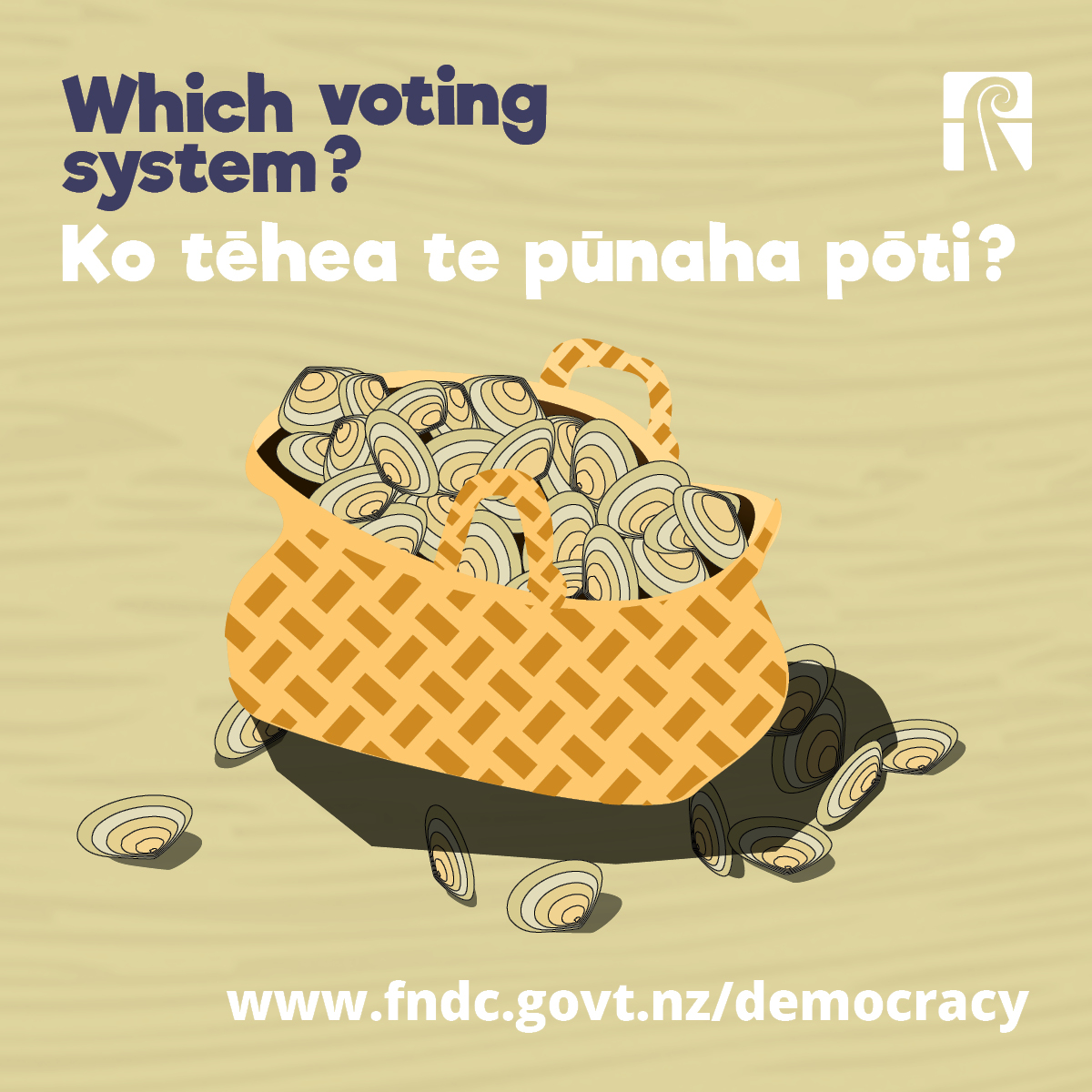Council changes the way it will be elected
Far North District Council has opted to change the way the Mayor, councillors and community boards will be elected.

Far North District Council has opted to change the way the Mayor, councillors and community boards will be elected.
During its Thursday 13 August meeting, the Council voted to switch from the First Past the Post (FPP) voting system to Single Transferable Voting (STV) for elections to be held in 2022 and 2025.
FPP has been used by Far North District Council for many years and is a system most electors are familiar with. It is used by the majority of councils across New Zealand.
STV is a ‘proportional’ electoral system used by 11 out of 78 local authorities during the 2019 elections. STV asks voters to rank candidates in order of their preference. A candidate wins when they receive a certain number of votes based on a proportion of the total votes cast. The system is designed to reflect the preferences of a greater number of voters, because second, third, and other preferences are taken into account.
All councillors supported the change with only the Mayor abstaining from the vote. However, he applauded the outcome, saying it was the clear preference of younger councillors.
The Council’s decision follows a non-binding survey held during July that sought feedback on which system residents and ratepayers preferred. A total of 637 submissions were received with 406 opting for STV, and 231 preferring to remain with FPP. Of those who preferred STV, 139 said the voting system was ‘fair’ or ‘fairer’, while the majority (79) of those who preferred FPP said it was easy to understand.
The Council will reconsider whether to retain STV or return to FPP after the 2025 election.
Tags: News story

